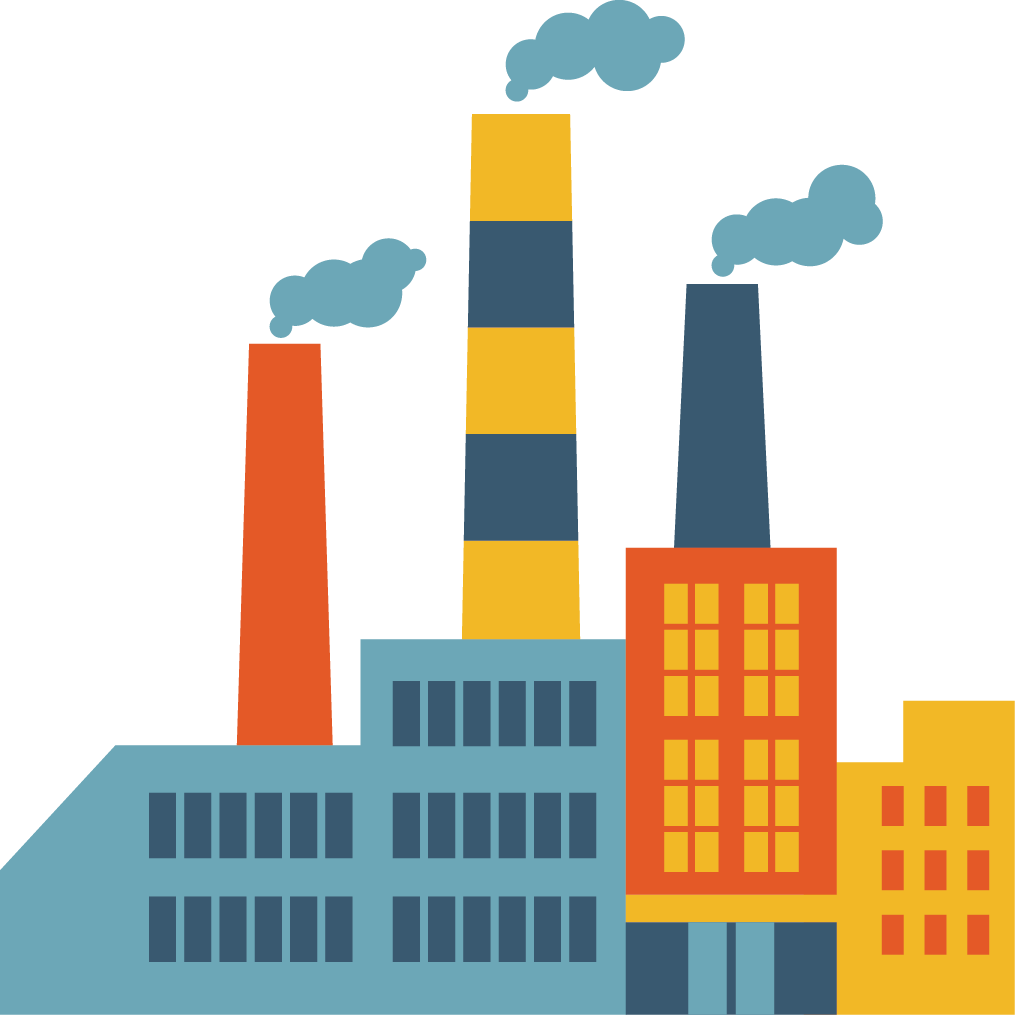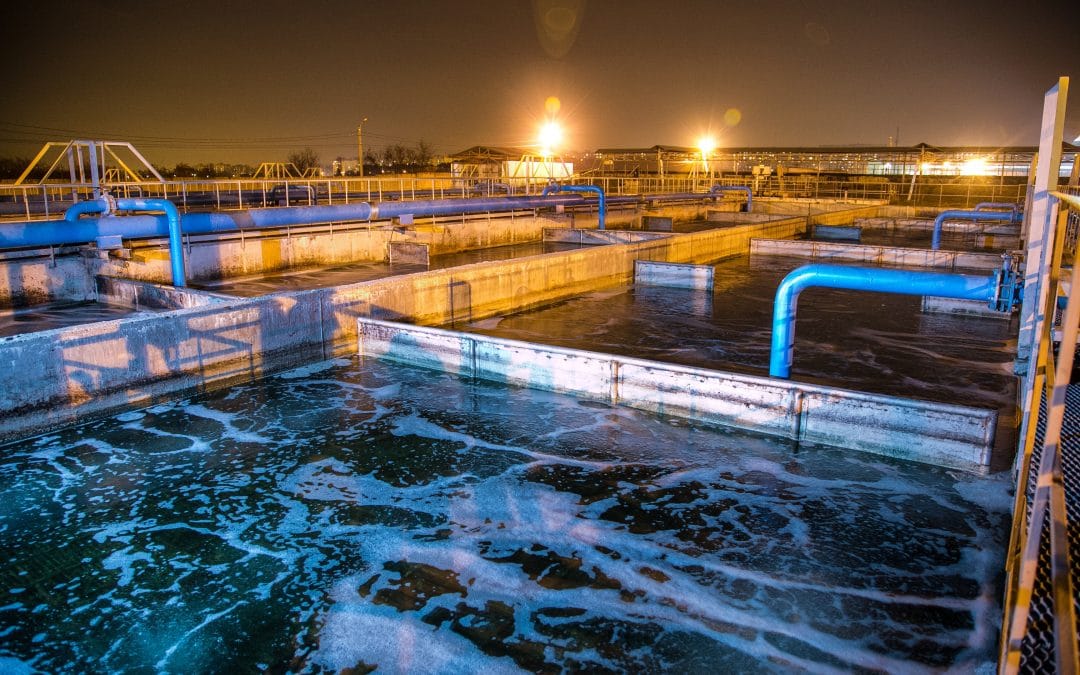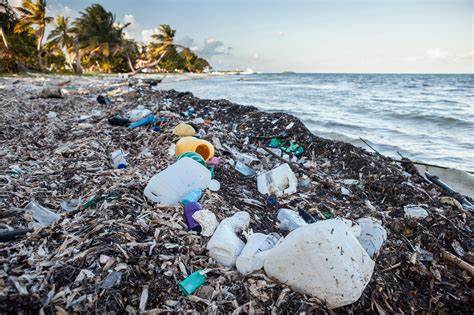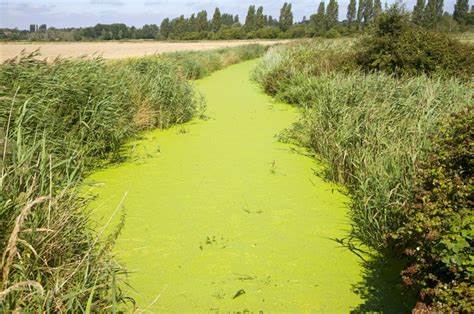Say no
to
water pollution !

Water is uniquely vulnerable to pollution because it’s able to dissolve more substances than any other liquid on Earth. Toxic substances from farms, towns, and factories readily dissolve into and mix with it
CAUSES
Water pollution can bring about disastrous consequences for instance, a factory that pumped out a very toxic waste product into the sea directly contributed to causing neurological illness to an entire town for many decades.
effects
Safeguarding Our Water:Prevention Strategies for Water Pollution, Empowering Communities to Adopt Sustainable Practices and Protecting the Vital Resource for a Cleaner and Healthier Future. Its better for our planet.
preventions



